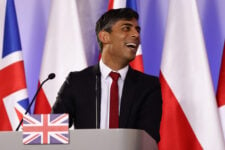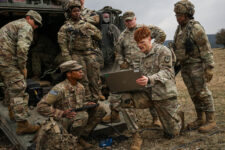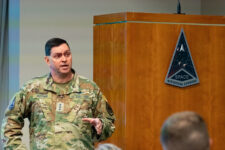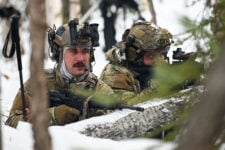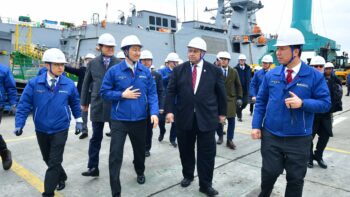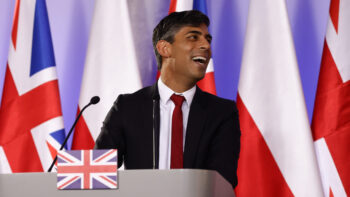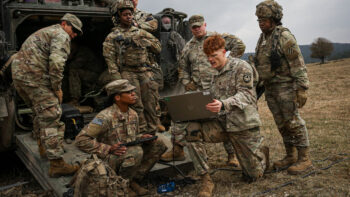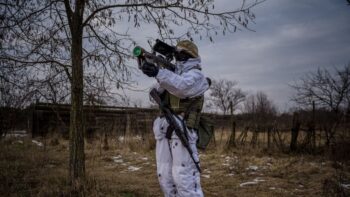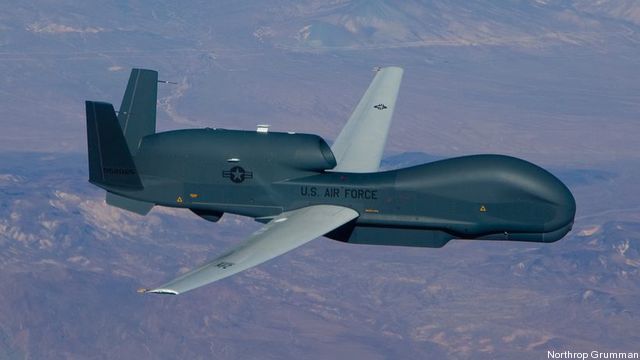
CHICAGO: Where do we find the money to pay for defense in a time of austerity and how do we leave Afghanistan gracefully. That sums up the two main threads of the second NATO summit held in America.
NATO Secretary General Anders Fogh Rasmussen told reporters this morning that this is a “crucial summit at a crucial time” for the 28-member alliance. Money will loom large as Europe’s slow-motion financial crisis continues and its governments begin to face fiscal crises as tax revenues dry up and economic growth continues at a tepid pace, at best. Rasmussen made the central role of funding very clear.
“Today, we will focus on security in an age of austerity. We will ensure that the alliance has the capabilities to deal with the security challenges of the future – even as we tackle the economic challenges of the present,” he said.
On Afghanistan, he said he’s confident that NATO’s members will stick to their commitments in Afghanistan, saying there will be “no rush to the exits.”
Today and tomorrow many of the bilateral meetings will involve arm twisting, wheedling and cajoling to ensure that every country ponies up as much as possible to cover the costs of the next two years of operations in Afghanistan, to cover roughly $2.3 billion in funding not yet pledged of the $4.1 billion needed. Rasmussen said he will be meeting with 13 NATO partners from as far afield as Asia and the Middle East in the next two days. You can be sure Bahrain, Qatar, Kuwait and the United Arab Emirates will be asked to contribute, presuming they are among the 13 with whom Rasmussen will be meeting. (The list isn’t available yet.)
We’re trying to get more details but I understand from a senior NATO source that Denmark has joined the Alliance Ground Surveillance program, bringing to 14 the number of countries investing in the purchase of five Global Hawk Block 40s. The contract is to be signed this evening. French and British delegates will doubtless stand in the wings, smiling.
Senate passes $95 foreign aid bill, as DoD eyes next Ukraine weapons package
Additional aid for Ukraine could be made available “within days” said Pentagon Press Secretary Maj. Gen. Pat Ryder earlier today.



